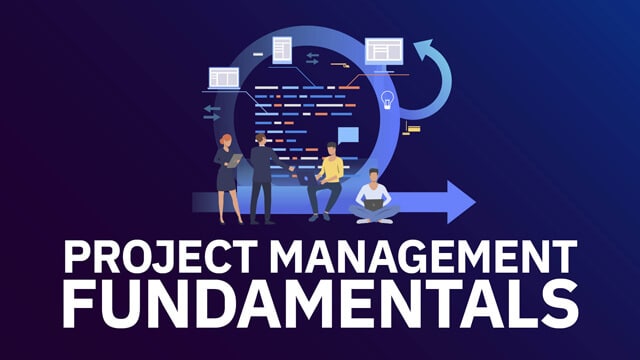Day 1: Introduction to Program Management and Framework
Duration: 3 Days
Introduction
Project management is essential for ensuring the successful execution of tasks, meeting deadlines, and
achieving organizational goals. This 3-day training program covers the core principles of project
management, from defining project objectives to planning, budgeting, and managing risks. Participants
will gain a structured approach to managing projects effectively, applying best practices, and
minimizing risks while optimizing resources.
Target Audience:
- New and aspiring project managers
- Team leaders and supervisors
- Business professionals involved in project-based work
- Engineers and technical specialists managing projects
- Anyone seeking foundational knowledge in project management
Objectives
By the end of this training, participants will be able to:
- Understand key definitions and concepts in project management
- Identify and explain project stages from initiation to closure
- Apply budgeting techniques and analyze costs and financial indicators
- Develop a structured project plan to manage scope, time, and resources
- Assess and mitigate project risks effectively
- Training Outline
Day 1: Understanding Project Management and Stages
Introduction to Project Management
- What is a Project?
- Key Characteristics of Projects vs. Operations
- Project Management Terminology and Concepts
Project Stages and Life Cycle
- Initiation: Defining Project Objectives and Stakeholders
- Planning: Creating a Work Breakdown Structure (WBS)
- Execution: Managing Teams and Resources
- Monitoring & Controlling: Performance Tracking
- Closure: Final Deliverables and Lessons Learned
Case Study and Group Exercise
- Phases of the program life cycle
- Program initiation and planning processes
Day 2: Project Budgeting and Planning
Budgeting, Costs, and Financial Indicators
- Estimating Project Costs: Fixed vs. Variable Costs
- Cost Control and Budgeting Techniques
- Financial Indicators: ROI, NPV, Payback Period
Project Plan Development
- Developing a Comprehensive Project Plan
- Defining Scope, Time, and Resource Allocation
- Scheduling Techniques: Gantt Charts & Critical Path Method (CPM)
- Monitoring and Adjusting the Plan
Hands-On Workshop
- Creating a Project Budget & Plan
- Group Presentation of Plans
Day 3: Managing Project Risks and Finalizing Plans
Project Risk Management
- Identifying Project Risks: Internal vs. External Risks
- Risk Assessment Tools: Probability-Impact Matrix
- Mitigation Strategies and Contingency Planning
Project Execution and Control
- Monitoring Progress with KPIs
- Handling Changes and Stakeholder Expectations
- Communication Strategies for Successful Execution
Course Wrap-Up & Final Exercise
- Project Simulation Exercise
- Action Plan for Applying Learning to Real Projects
- Q&A and Certification

